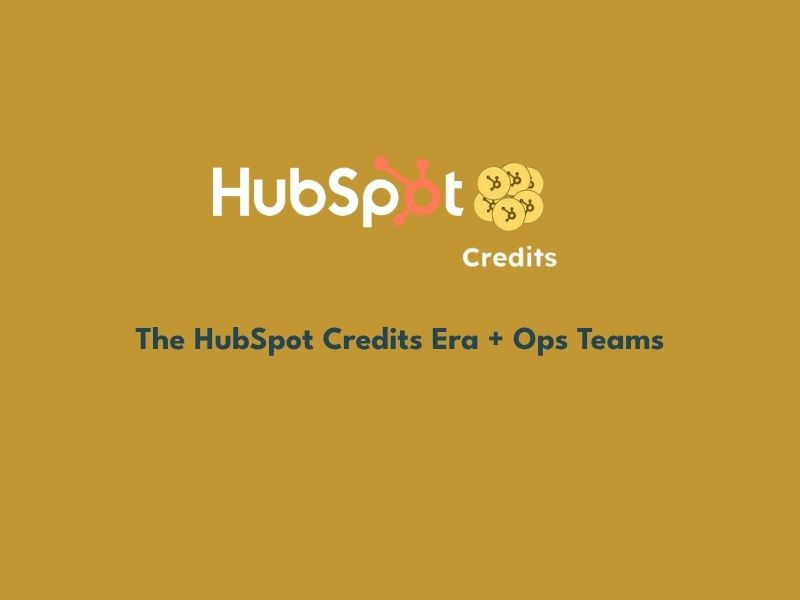Decoding the Difference Between B2B and B2C SEO: A Guide for Tech Startups
- Chasity Gibson

- Sep 11, 2024
- 3 min read
Updated: Feb 18
In the ever-evolving digital landscape, Search Engine Optimization (SEO) stands as a fundamental pillar for businesses seeking online success. But let’s face it—SEO isn't a one-size-fits-all solution. When it comes to B2B SEO and B2C SEO, the differences are as stark as choosing between bubblegum pop and soulful jazz. For those eager to elevate their inbound marketing game and drive significant business growth, knowing the nuances between B2B SEO and B2C SEO can be a game-changer. Let's embark on this journey to decode what makes them tick differently while shedding light on why this matters for startups and established marketing agencies alike.

Understanding the Difference Between B2B and B2C SEO Starts with Your Audience
B2B SEO: Think Logic, Not Lycra
In the B2B world, you're not selling to impulsive individuals browsing on their lunch break. You're courting decision-makers, executives, and professionals who are looking for solutions to complex business challenges. They're less interested in flashy trends and more interested in data, ROI, and proven results.
B2C SEO: Tap into Emotions (and Wallets)
B2C SEO is a different beast. You're targeting individual consumers who are often driven by emotions, trends, and immediate needs. Think catchy slogans, vibrant visuals, and relatable content that resonates with their lifestyle and aspirations.
Keywords: The Secret Sauce to Search Success
B2B: Long-Tail Keywords are Your Best Friend
B2B buyers are specific. They know what they want, and they use long-tail keywords to find it. Instead of searching for "project management software," they might search for "best project management software for remote teams with agile methodology." Your keyword strategy should focus on these long-tail gems to attract highly qualified leads.
B2C: Cast a Wide Net with Broader Keywords
B2C keywords are often broader and more competitive. Think "running shoes," "wireless headphones," or "organic coffee." The goal is to reach a larger audience and drive traffic to your site.
Content: Fueling the SEO Engine
B2B: In-Depth Content that Educates and Informs
B2B buyers crave in-depth, informative content that helps them make informed decisions. Think white papers, case studies, webinars, and expert guides. Your content should position your brand as a thought leader and trusted advisor.
B2C: Keep it Snappy and Engaging
B2C content needs to be visually appealing, easily digestible, and quick to consume. Think short videos, eye-catching infographics, and engaging social media posts.
Link-Building: Building Authority and Trust
B2B: Cultivate Relationships, Earn Backlinks
B2B link-building is a marathon, not a sprint. It's about building relationships with industry influencers, guest blogging on reputable sites, and earning backlinks from authoritative sources.
B2C: Embrace Social Media and Influencer Marketing
B2C link-building can be more dynamic and fast-paced. Think influencer marketing, social media campaigns, and viral content that attracts backlinks naturally.
Conversions: Measuring What Matters
B2B: Track the Entire Sales Funnel
B2B conversions often involve a longer sales cycle with multiple touchpoints. Your SEO strategy should focus on tracking leads through the entire funnel, from initial awareness to final purchase.
B2C: Focus on Immediate Conversions
B2C conversions are often more immediate. Key metrics include conversion rates, cart abandonment rates, and customer acquisition costs.
Tools and Tactics: Equipping Your SEO Arsenal
B2B: Data is Your Compass
B2B marketers need tools that provide in-depth data and insights into buyer behavior and keyword performance. Think SEMrush, Ahrefs, and Moz.
B2C: Stay Agile and Trend-Savvy
B2C marketers need tools that help them stay on top of trends and adapt their strategies quickly. Think Google Trends and BuzzSumo.
Conclusion: B2B SEO and B2C SEO Differences, Crafting Your Unique Path
While the essence of SEO lies in driving visibility and conversions, B2B and B2C strategies paint distinct landscapes requiring tailored approaches. For businesses and startups in the B2B tech sector, understanding these differences is key to crafting an SEO strategy that aligns with your unique business objectives and target markets.
Knowing your audience, selecting the right keywords, and devising a content and link-building strategy that resonates with your ideal customer profile can make a significant difference in how effectively you reach and engage your target audience. Remember, whether you're knocking on the doors of corporate giants or speaking directly to individual consumers, a tailored SEO approach is your compass in navigating this digital terrain.
By harnessing the strengths of B2B and B2C methodologies where relevant, your startup can carve out its space in the digital world, enhancing domain authority and establishing itself as a thought leader—ultimately transforming SEO from a tactical tool to a strategic powerhouse in your business growth plans.
As a B2B tech startup, understanding these nuances is crucial for your online success. By tailoring your SEO strategy to the specific needs and behaviors of your target audience, you can attract high-quality leads, drive conversions, and achieve sustainable growth.
Need help navigating the complexities of B2B SEO? LaunchWave Consulting is here to guide you. Contact us today to learn more about our SEO services.




Lagi viral nih, ASH88 maxwin tiap malam. https://ash88.net/